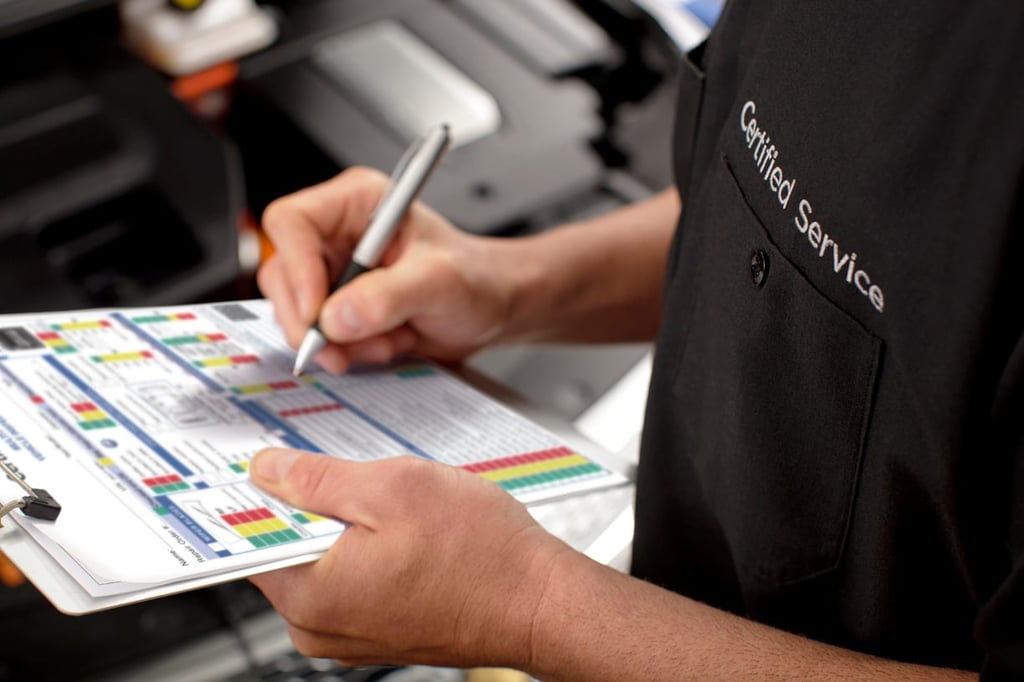Having some sort of preventive or proactive maintenance plan in place is an excellent idea and to be honest, crucial to your department’s longevity and success.

However, some may not realize what the difference is between the two and which one is a better fit for their maintenance department. Here is a little about each and which one may be best for you.
Proactive Maintenance
Proactive maintenance tries to identify and fix the root causes equipment failures. Proactive maintenance depends on rigourous mechanical inspections to identify things that will cause failure. Examples are, wrong lubricant, inporper repair, or a wrong sized belt or part being installed. As part of your maintenance plan it can result in significant cost savings. It is different from reactive maintenance and preventive maintenance.
Preventive Maintenance
Preventative maintenance will try to perform repairs or parts replacement based on a maintenance schedule. For example, filters and belts will be replaced at regular intervals whether they are needed or not. This makes costs predictive and failures less likely.
Read More: Asset Management Increases Effectiveness of Equipment Metrics
You Need Both:
There are quite a few common reasons that your equipment may fail and here are a few:
- Life Expectancy Has Passed: Equipment will eventually fail due to being past its lifespan. You can work to extend the life of your equipment but eventually, things have to be replaced.
- Maintenance Not Kept Up. Is your maintenance being kept up on the equipment? Just like your car needs oil changes, so does your equipment need regular maintenance and tune-ups. If this is neglected, it affects how your equipment performs.
- Operator Errors: It happens – a piece of equipment sometimes is only as good as its operator and with misuse or human error, this can affect how well it performs and its lifespan. Make sure that your employees have the proper training when it comes to operating equipment.
- Quality Parts: Another thing that can affect your equipment is poor or faulty parts. Make sure that any repairs or parts that are replaced are the ones suggested by the manufacturer’s standards. Sometimes saving a few dollars is not worth it in the long run.
- Preventive Maintenance Procedures: Preventative maintenance is important to the longevity of your equipment but if certain aspects are being skipped or it is not done right then this makes a huge difference in how your equipment performs.
Regular detailed inspections AND scheduled maintenance replacements are all part of successful maintenance program. Having an organized system for Preventive Maintenance is critical to cost effective, safe, and well functioning systems and faclilities.









